Research
This page keeps you updated on relevant studies and research on sepsis in the Asian Pacific region.
Report on the survey of practical diagnostic criteria for sepsis in different resource settings in the Asia Pacific 2024
The current Sepsis-3 criteria provides a precise and objective epidemiological sepsis definition using the sequential organ failure assessment score (SOFA) (3). However, it is often challenging to apply the Sepsis-3 criteria in low resource settings(4, 5, 6, 7). This is due to the requirement of conducting several lab tests to apply SOFA which is not accessible at most resource-limited settings due to resource constraints(8). Moreover, there is concern that the current sepsis-3 definition might be less sensitive to recognise sepsis patients with unfavorable outcomes and tropical infections in low and middle income countries(6). This means it is not feasible to apply Sepsis-3 criteria in low resource settings to recognise sepsis cases as well as study sepsis epidemiology. As about half of the global sepsis cases are present in the Asia pacific region(9), an alternative, pragmatic diagnostic criteria of sepsis is needed which can be easily used in clinical practice by healthcare providers across various clinical specialties and healthcare settings which are resource constraint as well as to estimate the burden of sepsis in this region. A survey was conducted to gather information on how sepsis is diagnosed clinically in different resource settings and develop a pragmatic diagnostic criterion of sepsis applicable across all healthcare settings.
Due to the response rate and limited representation of healthcare providers working in non-ICU and low-resource settings of the Asia Pacific region, the survey findings might not accurately reflect the true state of sepsis recognition and diagnosis in this region. It highlights that relying solely on data from lower income countries is insufficient; it is equally important to get representation of diverse resource settings within those countries. As a result, the steering committee made a decision to discontinue the Delphi study. Instead, they opted to focus on the Asia Pacific Global Burden of Disease (GBD) sepsis project which aims to provide the local sepsis epidemiological estimate. This study being undertaken in April 2024 will allow for a more nuanced understanding of sepsis in the region, considering the granularity of the GBD dataset.
APSA Critical Care Resources and Sepsis Management Survey Report 2021
Currently, there is limited information on the organizational structures, human resources, clinical standards, laboratory support, and therapeutic options available in the Asia Pacific region to treat sepsis. The Asia Pacific Sepsis Alliance conducted a survey across the Asia Pacific that included lower-middle-income (LMIC), upper-middle-income (UMIC), and high-income countries (HIC) to better understand differences in critical care resources. The purpose of the survey is to inform healthcare workers and systems, policymakers, governments and facilitate improvements in sepsis care. Since the survey was conducted during the early phase of the COVID-19 pandemic, it also included disaster preparedness/response and questions specific to the care of COVID-19 patients.
Research from Japan
1. Trends in the incidence and outcome of sepsis using data from a Japanese nationwide medical claims database-the Japan Sepsis Alliance (JaSA) study group. Imaeda T, Nakada TA, Takahashi N, Yamao Y, Nakagawa S, Ogura H, Shime N, Umemura Y, Matsushima A, Fushimi K. Crit Care. 2021 Sep 16;25(1):338. doi: 10.1186/s13054-021-03762-8. PMID: 34530884
2. Temporal trends of medical cost and cost-effectiveness in sepsis patients: a Japanese nationwide medical claims database. Oami T, Imaeda T, Nakada TA, Abe T, Takahashi N, Yamao Y, Nakagawa S, Ogura H, Shime N, Umemura Y, Matsushima A, Fushimi K. J Intensive Care. 2022 Jul 14;10(1):33. doi: 10.1186/s40560-022-00624-5. PMID: 3583630
3. Short- versus long-course antibiotic therapy for sepsis: a post hoc analysis of the nationwide cohort study. Takahashi N, Imaeda T, Nakada TA, Oami T, Abe T, Yamao Y, Nakagawa S, Ogura H, Shime N, Matsushima A, Fushimi K. J Intensive Care. 2022 Oct 29;10(1):49. doi: 10.1186/s40560-022-00642-3. PMID: 36309710
Expert consensus statements for the management of COVID-19-related acute respiratory failure using a Delphi method 2021
Coronavirus disease 2019 (COVID-19) pandemic has caused unprecedented pressure on the healthcare system globally. Lack of high-quality evidence on the respiratory management of COVID-19-related acute respiratory failure (C-ARF) has resulted in wide variation in clinical practice. Using a Delphi process, an international panel of 39 experts developed clinical practice statements on the respiratory management of C-ARF in areas where evidence is absent or limited.
Nasa, P., Azoulay, E., Khanna, A.K., […] Myatra, S.N, et al. Expert consensus statements for the management of COVID-19-related acute respiratory failure using a Delphi method. Crit Care 25, 106 (2021).
Mosaics II Study
MOSAICS II (Management of Sepsis in Asia’s Intensive Care unitS II) is an international prospective cohort study on management of sepsis in Asia. Over 380 ICUs across 22 Asian countries are currently recruiting patients. The study is run by the Asian Critical Care Clinical Trials Group and will finish recruitment in October 2019.
Mega-ROX Sepsis
MEGA-ROX SEPSIS is global registry-embedded RCT which will compare liberal oxygen with usual oxygen in patients with sepsis. It is run by The Medical Research Institute of New Zealand.
ADRENAL
ADRENAL Study (ADjunctive coRticosteroid trEatment iN criticAlly iL patients with septic shock) has completed recruitment. It is a multicentre randomised controlled trial on use of hydrocortisone in septic shock. The primary results of the study has been published. Follow up of patients continue with multiple sub studies are currently on going.
HERMES
HERMES Study (HEmodynamic Resuscitation and Monitoring in Early Sepsis) is a study currently running in India. This trial aims to capture patient characteristics and hemodynamic resuscitation and monitoring practices in patients presenting with early sepsis and hypotension to Indian ICUs. It is funded by Indian Society of Critical Care Medicine.
If you have questions, comments, or want to let us know about more research, please contact us.
